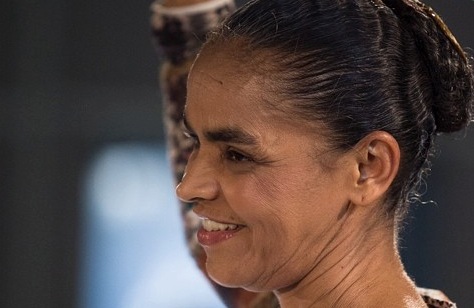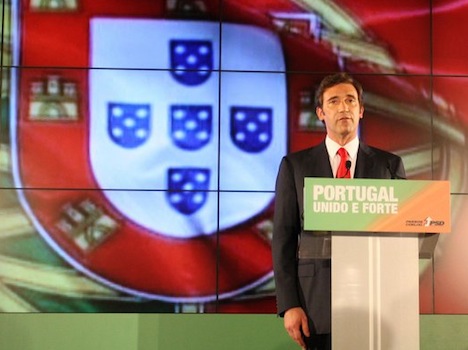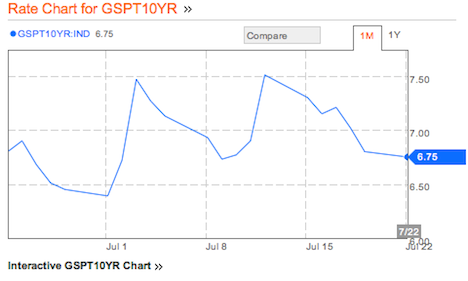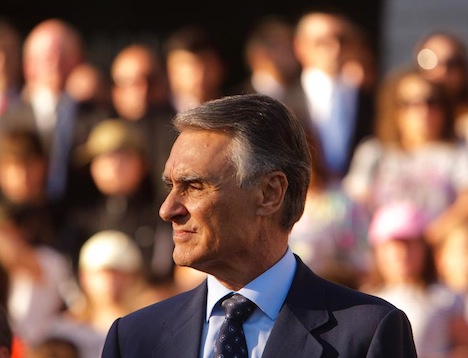One week after the tragic airplane crash that ended the life of Brazilian presidential candidate Eduardo Campos, his party has quickly minted a new ticket for the October general election.![]()
As widely expected, Campos’s running mate Marina Silva agreed to run in Campos’s place as the candidate of the Partido Socialista Brasileiro (PSB, Brazilian Socialist Party), which only last year broke with its longtime alliance with the governing Partido dos Trabalhadores (PT, Workers Party), the party of Brazil’s incumbent president Dilma Rousseff and her predecessor, Luiz Inácio Lula da Silva.
For her part, Silva is a former PT legislator and environmental activist, who served as Lula’s environmental minister between 2003 and 2008 before she broke with Lula. She subsequently joined the Partido Verde (PV, Green Party) to run for president four years ago — winning nearly 20% of the vote against Rousseff in the first round of the 2010 election.
In 2014, difficulties in registering a new party forced Silva to shelve, however reluctantly, her presidential ambitions and she joined the Brazilian Socialists. Campos, the former popular governor of the northeastern state of Pernambuco, named Silva as his running mate.
That all changed last week with the air crash in São Paulo state that killed Campos and brought the Brazilian election campaign to a halt as Rousseff, Silva and the rest of Brazil’s political class paused to mourn Campos.
* * * * *
RELATED: Campos, Brazilian presidential candidate, dies in plane crash
RELATED: Why Marina Silva must now step up for the Brazilian left
* * * * *
With 10 days to select a new candidate, and with just weeks to go before the election’s first round on October 5, the PSB chose Silva over the weekend to lead its ticket, on the condition that Silva, who hasn’t always been the most disciplined candidate in the past, and who is a newcomer to the PSB, will continue to honor the party’s electoral program and regional alliances. Technically, like Rousseff and center-right challenger Aécio Neves, Silva will head a coalition of parties in the presidential race. Silva’s coalition, though dominated by the PSB, also includes five smaller parties, such as the Partido Popular Socialista (PPS, Popular Socialist Party).
The whirlwind of events brings to the presidential race a candidate who, ironically, garnered much more support than Campos ever had. Continue reading Brazilian Socialists finalize Silva-Albuquerque ticket



